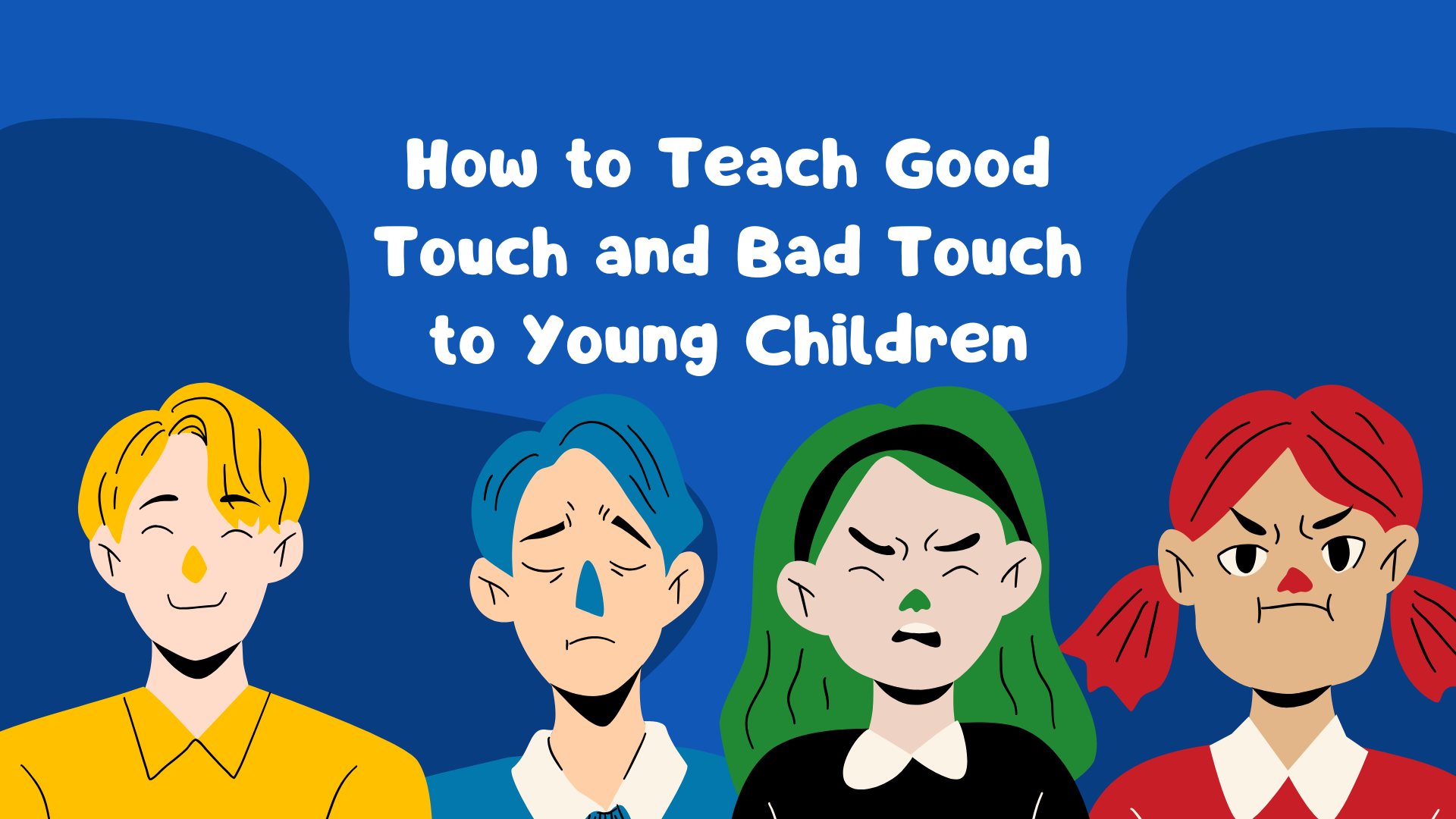
Understanding Problems Faced by Teenagers as Teen Parents
Teenage is a fragile period when children start having opinions, hormonally go through physical changes, and are exposed to societal struggles. Studies add to that as higher classes require longer hours of focus, shaping the most formative years of educational life. Involvement of parents becomes more mentally stressful than laborious during this phase, unlike when raising small children. Understanding problems faced by teenagers is the first step to coping with this transition to make it easier for them.
Problems faced by teenagers
As parents, the first step to acknowledging teenage problems is to understand that their time is different from how the current generation is evolving.
Teens today are growing up in the era of social media and rapid technological advancements in the world of AI. They are exposed to excessive information, social issues, and conditioning that mold a different world from what we’re used to.
Here are a few steps to understand how to cope with the teens of the 21st century and understand youth problems:
1. Constant comparison
If you grew up with siblings and cousins, you’ve likely faced comparisons within your family that fueled motivation to do better. While a lot of it was triggered to extract the highest potential among growing individuals, there was compassion amidst competition.
With early access to social media, teens begin comparing themselves with unhealthy standards of happiness they wish they could create. They often fail to distinguish between artificially generated aesthetics and real-life scenarios sustained by commoners. Such comparisons usually leave them distressed and wanting unrealistic lifestyles and material desires.
Solution
Parents must limit the usage of mobile phones and monitor activities to know what kind of content they consume. It is an age to befriend children and interact with their desires, ambitions, and goals. The process will help you understand how they feel and regulate their emotions towards productive outcomes.

2. Stress and anxiety
Academic pressure increases during the teenage years as students level up to higher classes and have to spend more time with books. Parents often fail to acknowledge how school life is no less than being at a corporate job that requires revisions and practice at home.
On average, a student preparing for board examinations needs 6-8 extra hours of study after a regular school day. Their entire day revolves around studies, causing emotions of stress, anxiety, and fear.
Solution
Understand that children have different abilities, and they will be good at a few subjects and might not be good at them all. Highlight their achievements and encourage their efforts to motivate them.
Allow them occasional outings and free time to do things they love. It is important to have hobbies to keep their minds fresh and take frequent breaks where they have access to entertainment.

3. Negative body image
One of the most inevitable problems faced by adolescent children is the transition from childhood to adulthood. They fight a constant battle to be comfortable in their skin and are pressured to be of a specific size.
In the quest for developing a personality, they start feeling negatively about their body. Such emotions can lead to eating disorders that impact their health, mood, and ability to perform daily activities.
Solution
Interact with them to explain how such problems faced by teenagers happen to everybody when they’re transitioning. Tell them that it is normal for males to have a broken voice and grow an Adam’s apple. And that it is normal for females to find their chests growing by explaining how puberty works for all. Normalize having different body types and encourage them to love how they are transitioning into beautiful adults.
4. Openly discuss complex familial dynamics
Treating your teen like a child could be one of the biggest mistakes that causes misunderstandings and unrealistic expectations. If your child has grown up in an unhealthy environment, this is the time when they start speaking their minds.
Every family has complex familial issues that are discussed behind closed doors only by adults living under the same roof. Teens are finally a time when your children want to be a part of those conversations to understand you better.
Solution
Understand behavioral issues that bother them, acknowledge the areas they find problematic, and don’t keep quiet about sensitive issues. Help them understand the reasons behind family differences and how you actively work to resolve them together.

5. Doing the adult talk
One of the problems faced by teenagers in India is going hush-hush about topics associated with sexual activities and identities. As a sign of puberty, it is only natural for teens to explore aspects of our society that are considered taboo.
A topic that isn’t openly discussed within a household becomes enticing among friends who aren’t always the best of influence. When conversations around sex become secretive, it becomes unnormalized and leads to mindless actions that can cause shame and regret.
Solution
From taking care of females hitting menarche to explaining to males how their hormones work differently from females, this is the time when parents need to open up about physical and mental changes associated with puberty. Parents must discuss to help teens normalize this part of their lives, just as their biology teacher explains it scientifically.
Growing up together!
Parents, teachers, and children grow up together, even when it looks like it is only the ones getting taller! The generation that follows always has a lot to teach us because their brains are much more evolved.
While we feel we’re schooling them, they school us in multiple ways we can’t imagine. The key here is to have an attentive ear and listen to what they have to share.
Opinionated teenagers aren’t ones to look down upon, but ones who must be heard, understood, and rectified when needed.
At DWPS Barasat, we offer student counselling sessions to know how our students feel, express, and share. It is a safe space to speak to professional counsellors who aren’t only looking at their academic growth but also their overall development.







